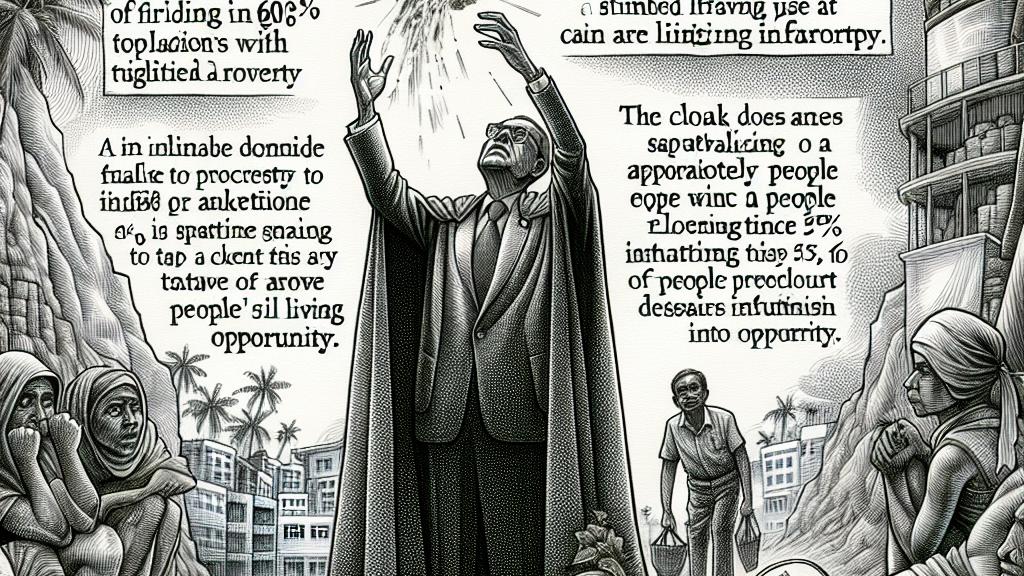Key Challenges Facing Sri Lanka's New President Anura Kumara Dissanayake
Overview
- Sri Lanka's new president is tasked with revitalizing a battered economy.
- Effective management of debt and stringent IMF conditions are vital.
- Dissanayake plans to reform taxation and expand welfare programs.

Economic Recovery in Focus
Anura Kumara Dissanayake steps into the presidency at a pivotal moment for Sri Lanka, a nation attempting to rebuild from the rubble of a catastrophic financial crisis. As inflation soared to an alarming 70%, many citizens found themselves struggling day by day. The recent drop to 0.5% inflation signals progress, but the shadow of poverty still looms large, with about 25% of the population living beneath the poverty line. Dissanayake’s mission is not just to stabilize the economy but to ignite hope for a brighter future. By attracting investment and fostering economic growth, he aims to forge a path where ordinary Sri Lankans can thrive, transforming despair into opportunity.
Navigating Debt and IMF Obligations
One of the most daunting challenges awaiting Dissanayake is navigating the convoluted landscape of Sri Lanka’s debt. The country is locked into a four-year, $2.9 billion IMF program that demands stringent fiscal discipline and proactive debt restructuring. The stakes are high; failing to meet IMF requirements could lead to severe economic consequences. However, Dissanayake must tread carefully. He has made promises for tax reforms, but with only three seats in parliament, garnering support for these changes will require astute political maneuvering. The dilemma he faces encapsulates the broader struggle between austerity measures and social equity—can he introduce measures that benefit citizens while adhering to international expectations?
Geopolitical Challenges Ahead
On top of economic hurdles, Dissanayake's presidency unfolds in a complex geopolitical setting. With China and India vying for influence over Sri Lanka's recovery trajectory, he must deftly manage these relationships. His commitment to national sovereignty has already led him to question existing agreements, including the controversial energy deal with Adani, which he believes unfairly burdens Sri Lanka. As he navigates this delicate dance, Dissanayake must work to rebuild trust not only with global partners but also among his own people. His choices will reverberate through local communities, shaping perceptions and influencing future political dynamics. The world is watching—will he leverage these geopolitical ties to Sri Lanka’s advantage as he strives to create a sustainable and prosperous future?

Loading...